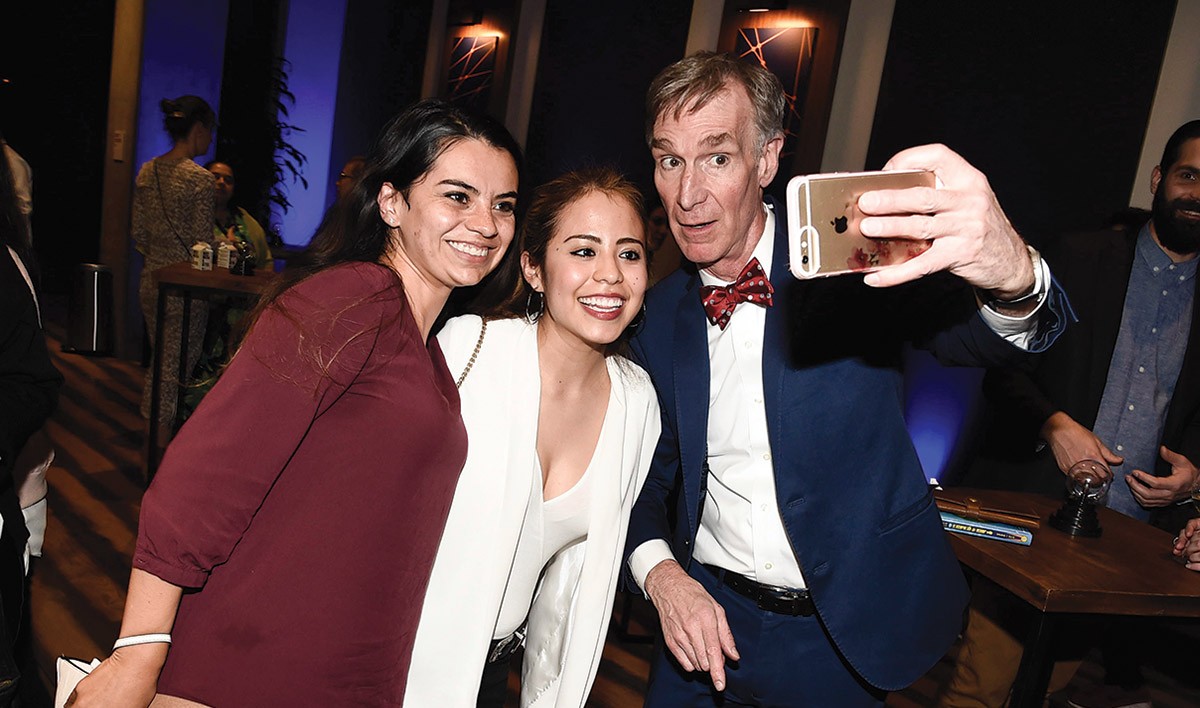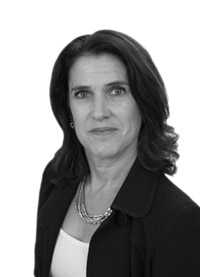Popular Science
Can Bill Nye, the famed Science Guy of the ’90s, really save the world?
UW researchers posed that question in jest in an online column following the spring release of Nye’s new Netflix show. Their answer? No. But the show, Bill Nye Saves the World, serves as a valuable reminder that how we talk about science is just as influential as the science itself.
Dominique Brossard and Dietram Scheufele MA’97, PhD’99, life sciences communication professors, are leaders in researching the connection between how scientists communicate their work and how the public perceives it. Mixing science and politics is nothing new — but a new danger, they say, is the perception of science as partisan.
With today’s fragmented media, the audience for science shows is relatively small and highly educated about the topics. And while reaching skeptics is one part of the equation, resonating with them is even more important. “Very often we end up polarized on values, not on facts,” Scheufele says. “We should flip it around and ask, ‘What are the values that actually unite us?’ ”
People use values — moral, religious, political, and otherwise — as filters to view any given issue, Brossard says. A common criticism of Nye’s show is that he comes off as condescending, rarely validating the worldview of skeptics.
Research shows that “consensus messaging” — stating that nearly all scientists agree on a matter — only works with people who are already open minded. And the notion that skeptics simply lack exposure to accurate information has also been discredited. Rather, the key is finding common ground, Scheufele says. For climate change, that could mean focusing on energy independence and global competitiveness.
Neil deGrasse Tyson, the astrophysicist who rebooted Cosmos in 2014, defended popular science shows by posting a comment on the researchers’ article: “What a luxury to lament the limited success of science programming in modern times.” To this, Brossard responds as she does to any scientist who resists her communication advice. “We’re not telling you that you shouldn’t do this show,” she says. “We’re just giving you the science to potentially do it better.”
Published in the Fall 2017 issue






Comments
No comments posted yet.